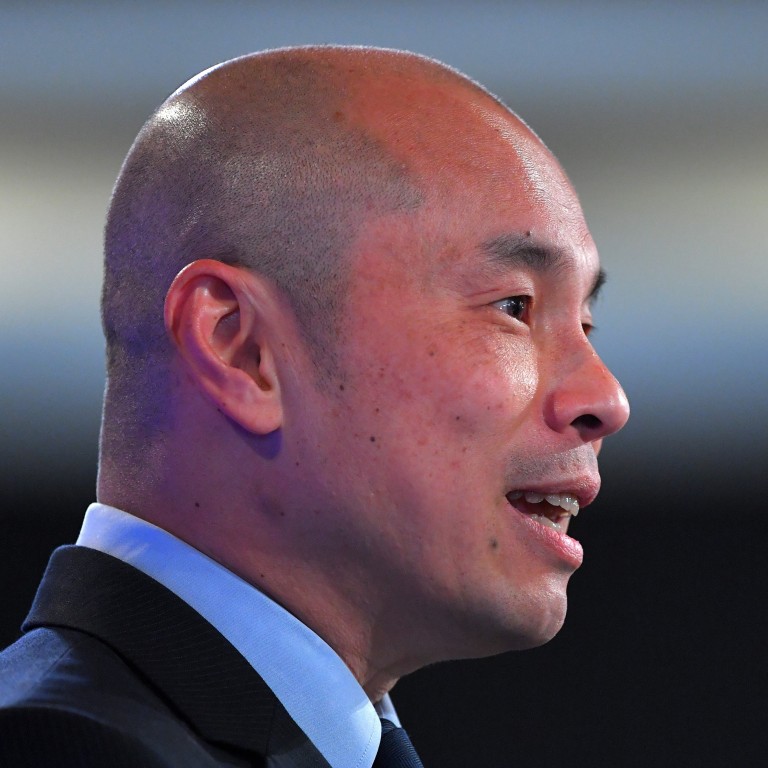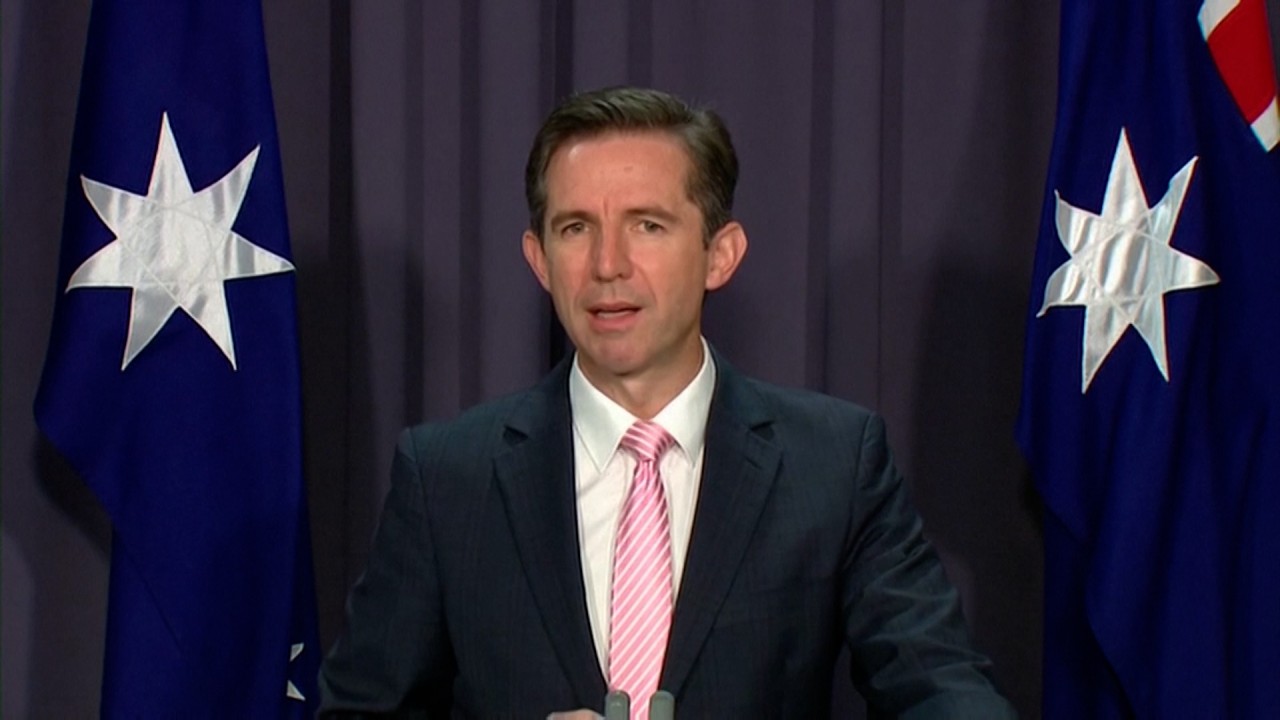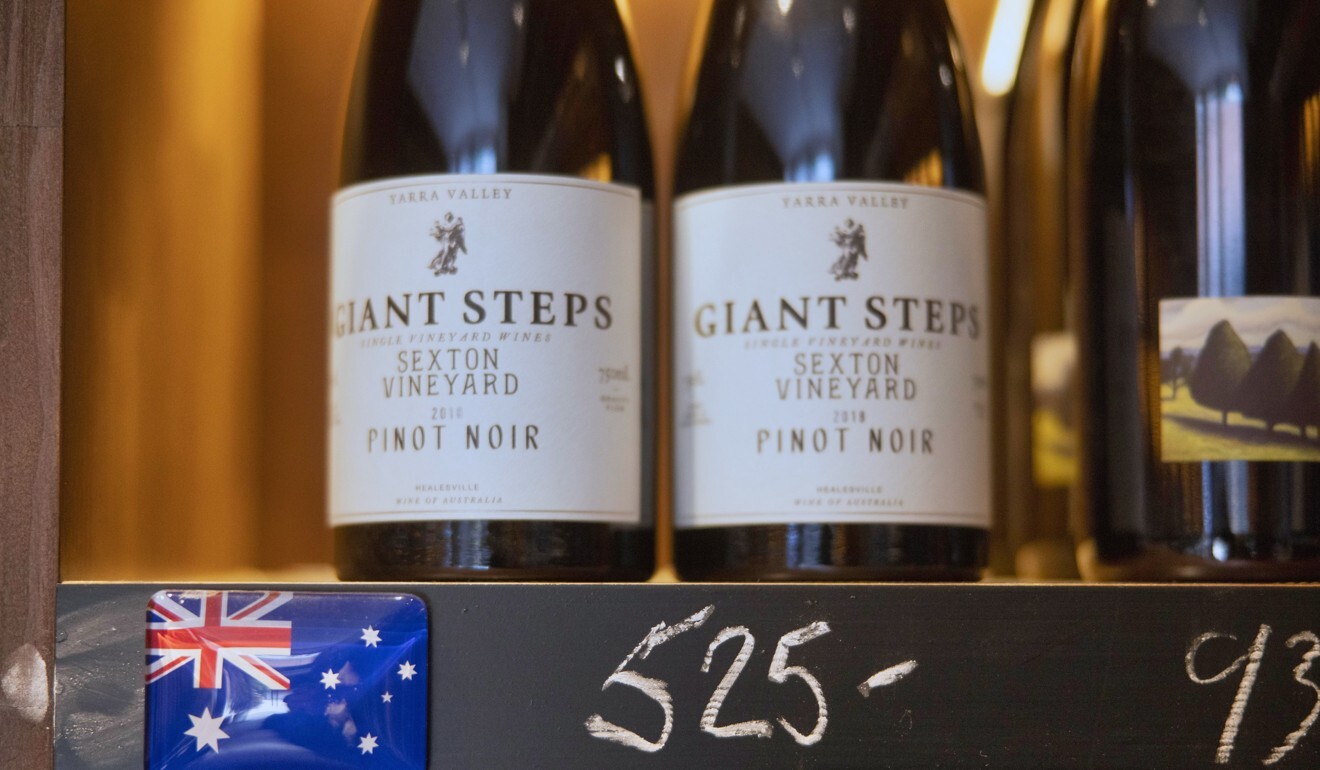
Australian media made ‘panda hugging’ a sin: Chinese diplomat Wang Xining
- Media has fuelled suspicions of China with negative portrayals, particularly during the coronavirus, says Beijing’s No 2 in the country
- But with ties strained by factors including trade restrictions and Hong Kong’s national security law, critic says Beijing has contributed to problem
‘You Chinese virus spreader’: after coronavirus, Australia has a racism outbreak
“Currently, the friends of China are given the nickname ‘panda-hugger’,” said Wang, whose remarks were made last week. The Chinese embassy published them in English on its website on Monday.
“It used to be a word of appreciation but now it carries derogatory meanings. It seems that being friendly to China, to be a friend of China, has become a sin and mistake in Australia.”

02:01
Australia seeks WTO mediation on China barley tariffs
In June, Seven News apologised to Richard Yuan, a Chinese-Australian businessman, for suggesting he had attempted to profit from an attempted donation of medical supplies to the Australian government during the early days of the pandemic.
“Those who fought on the front-line against Covid-19 must understand how important PPE [supplies] are,” said Wang, who is deputy head of mission at the Chinese embassy in Canberra. “But once again, China was hurt. The enthusiasm of our friends in Australia was chilled.”
As Australia mulls ban on Xinjiang-made goods, why is China being singled out?
He questioned why some had chosen “to make enemies to sustain a living” when others would choose to make friends for a better future.
“Those who deliberately vilify China and sabotage the friendship between our two countries and damage our long-term friendship [to benefit their own] selfish interest will be cast aside in history,” Wang said.
“Their children will be ashamed of mentioning their names in history.”

James Laurenceson, director of the Australia-China Relations Institute in Sydney, said that while Wang was correct that it had become difficult to speak up in favour of close China ties in Australia, the diplomat had failed to acknowledge Beijing’s behaviour as part of the problem.
“For example, he says, ‘If you are in a difficult situation to be China’s friend, don’t worry, your Chinese friends will stand together with you, your friends in China will always be with you’,” Laurenceson said.
“Well, tell that to Australian farmers who’ve been targeted for punishment by Beijing, despite having put years into building connections with China and having nothing to do with political tensions.”
“Recently China has appeared an abusive friend,” he added. “For its friends in Australia the pressure is coming from all sides.”
Nathan Attrill, a researcher at the Australian Strategic Policy Institute, said Wang’s remarks were unlikely to change many minds in Australia.
“His speech is likely to be received poorly by those in Australia more critical of Beijing, and by others as further proof that the relationship cannot get back on track unless Canberra does a major mea culpa on its desire to speak on so-called sensitive issues,” he said.

